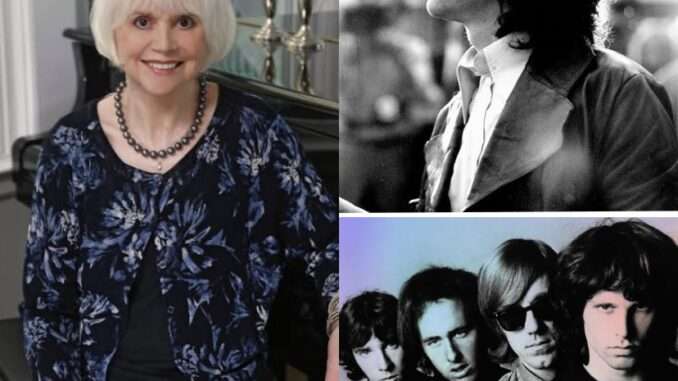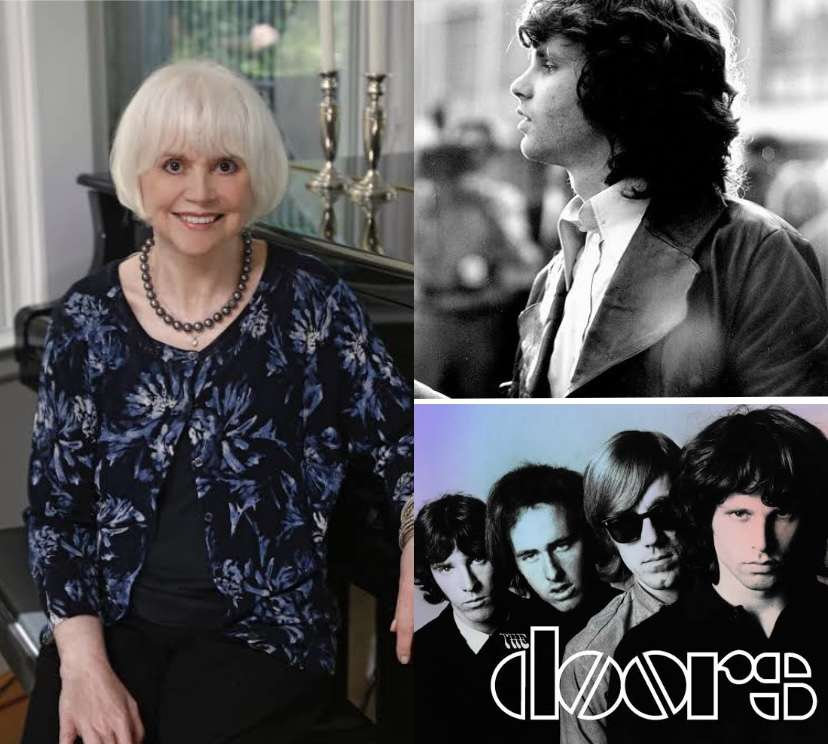
The 1960s and 1970s may be remembered as the golden age of rock, dripping with rebellion, counterculture, and sonic innovation—but for women navigating its turbulent circles, it was a battlefield of contradictions. One of the genre’s rare female powerhouses, Linda Ronstadt, entered this male-dominated realm not only with undeniable talent but with a quiet defiance that pushed against the toxicity embedded in its very foundations. Her story, though often framed by her Grammy-winning success, is also marked by a recurring confrontation with the industry’s darker undercurrents.
Ronstadt’s artistry was never performative; it was lived. She came into music not just to sing but to express herself fully—drawing on her Mexican-American heritage, her intellectual curiosity, and a deep emotional intelligence that made her presence more than just another voice in the crowd. In a world where competition was the norm and ego often masked insecurity, Ronstadt instead stood out by embracing a philosophy of observation and mentorship. She absorbed, she learned, and then she nurtured—often quietly bolstering others, like the Eagles, long before they became icons.
But like many women in the rock scene, Ronstadt’s struggles were largely invisible to the wider public. Her challenges were rarely dramatized in headlines or salacious memoirs. Instead, they live in the margins of her interviews, in the undertones of her lyrics, and in the subtle but powerful pivots she made in her career. A case in point is her 1977 album *Simple Dreams*—a record often celebrated for its sound but just as deserving of attention for its message. Beneath its commercial appeal lies a quiet rebellion, a reframing of what it meant to belong in an industry that often told her, implicitly or explicitly, that she didn’t.
Through *Simple Dreams*, Ronstadt carved out a narrative of resilience and self-definition. It was not just an artistic statement but a recalibration of what she would and wouldn’t accept. The album suggested that success didn’t have to mean compromise, and that breaking free from an oppressive system often starts with reaffirming one’s worth—on one’s own terms.
This lens of discernment extended beyond her own music. Over the years, Ronstadt became known for her unfiltered reflections on the talents—and faults—of others in the industry. Her relationship with the Doors and their enigmatic frontman Jim Morrison is a particularly revealing chapter. While she acknowledged the band’s musical potential early on, she never shied away from critiquing Morrison himself. Her criticisms weren’t just personal—they were artistic.
In a 2013 interview with *Record Collector*, Ronstadt recalled a time when Morrison’s drunken outbursts made her 
Her artistic misgivings were just as clear-cut. While she praised the Doors as a band, she was blunt about Morrison’s voice: “I didn’t much care for Morrison’s singing even before we toured with them,” she admitted. Though impressed by their early live performances, she famously remarked, “If they’d gotten a better singer, they’d be a much better group!”
This comment, unsurprisingly, ruffled feathers among Doors fans, but it wasn’t intended as provocation. It was part of a larger truth: Ronstadt had no patience for mythmaking at the expense of honesty. In an industry obsessed with image, excess, and tortured genius tropes, she resisted the pressure to conform or idolize figures who represented the very toxicity she worked to escape.
Linda Ronstadt’s story isn’t just about success in a tough industry. It’s about navigating that space with integrity, clear-eyed observation, and the courage to say no—even when saying no meant walking alone. Her legacy is not only in the songs she sang but in the quiet stands she took: against the chaos, against the cruelty, and for the sake of something truer.
Leave a Reply